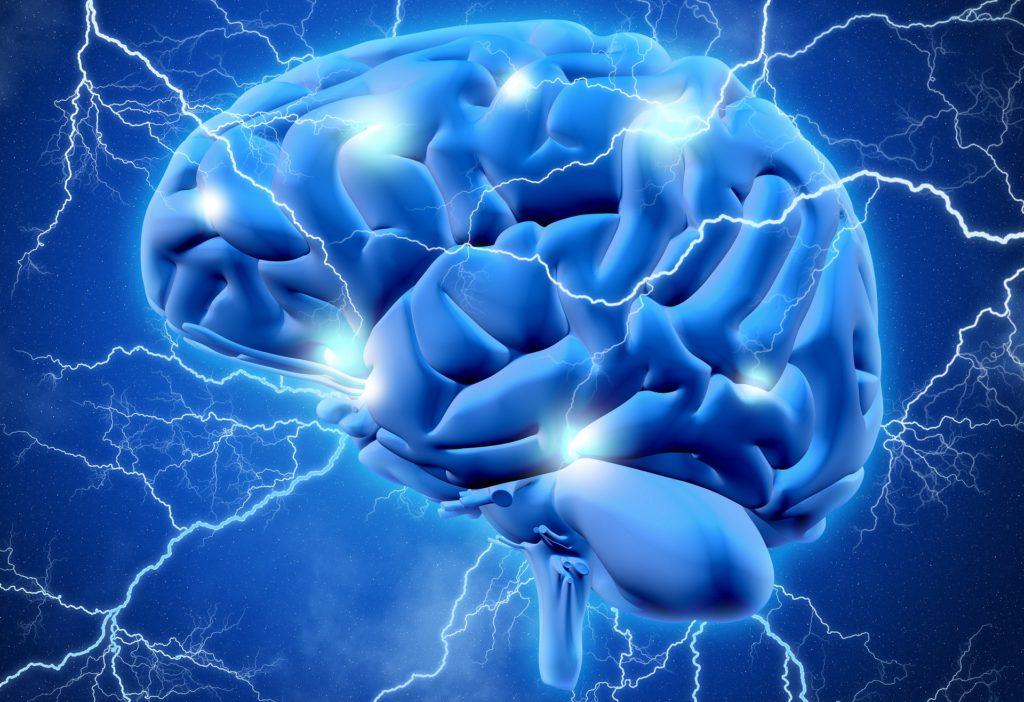Overview
Major or Mild Vascular Neurocognitive Disorder is a neuropsychological disorder characterised by neurocognitive impairments due to cerebrovascular diseases. There is no specific age limit associated with this disorder but the prevalence is higher after 65 years of age.
Neurocognitive degeneration can be seen when the person has difficulties in attention span, exhibits executive dysfunction, learning and memory, social cognition, etc.
In Vascular Neurocognitive Disease, blood supply to the brain is affected, causing deficits in neurocognitive function depending on the regions where the lesions appear.
In Vascular Neurocognitive Disorder, the deficits can be major or mild. This distinction is based on the impairment and the level of assistance required for the person to carry out day to day activities.
Major deficits mean greater impairment and assistance with most basic day to day activities while mild deficits mean lesser assistance and the person can carry out basic day to day activities.
These lesions may be caused due to multiple infarcts or strokes. Cognitive decline after multiple strokes is often fluctuating. Patients might even show some improvement.
In case of small vessel disease, lesions are particularly seen in the white matter, basal ganglia, and/or thalamus. Cognitive deficits are gradual in progression. Issues with executive function and complex attention tasks are common.
This disorder is mainly caused due to ischemic strokes. A stroke is when the blood supply to the brain is disrupted causing lack of supply or a brain bleed.
Strokes may happen due to atherosclerosis- hardening of the arteries, hypertension, diabetes mellitus, etc. Secondary factors that affect these disorders include age, smoking, stress, alcohol consumption, etc.
Common Signs and Symptoms
Common Signs and Symptoms include:
- Affected neurocognitive function seen when the individual struggles with:
- Attention
- decision making
- may appear confused
- disrupted executive function
- Forgetful
- In severe cases, they may need assistance with day to day activities.
- Mood alterations causing depression, irritability or apathy.
Risk Factors
Risk factors associated with cerebrovascular and cardiovascular diseases are associated with the risk factors of Major or Mild Neurocognitive Disorder.
These include having diseases such as hypertension, diabetes mellitus, dyslipidemia, smoking, obesity, age, alcohol consumption, cerebral atherosclerosis/ arteriosclerosis.
High deposits of amyloids in the arterial vessels which cause cerebral amyloid angiopathy is another risk factor for this disorder.
Genetic factors such as hereditarily passed conditions called cerebral autosomal dominant arteriopathy with subcortical infarcts and leukoencephalopathy also affect vascular neurocognitive disorder.
Diagnosis
The diagnosis of Major or Mild Vascular Neurocognitive Disorder is done on the basis of the history of cerebrovascular diseases.
Neurocognitive function is assessed using various neuropsychological tests as well as clinical observations. It is necessary that brain imaging be carried out to provide the diagnosis.
Generally, PET scans and MRIs are carried out preliminary to the diagnosis.
To be diagnosed with Major or Mild Vascular Neurocognitive Disorder, following criteria must be met:
- Neurocognitive dysfunction characterised by problems in executive functioning, language and memory.
- Mood alterations causing depression, irritability or apathy.
- Motor function may or may not be affected.
Neuropsychologists are required to rule out other medical conditions or substance use that may cause similar symptoms.
Treatment
There is no cure for Major or Mild Vascular Neurocognitive Disorder. After diagnosis, symptomatic treatment is given. Medication given during this time includes those which are used to treat Alzheimer’s Dementia.
In case of cerebrovascular disease and Major Mild Vascular Disease, due lesions in the cortical and subcortical regions in the brain, the function of acetylcholine is disrupted.
This neurotransmitter includes the function of vasodilation (dilation of blood vessels) among other functions.
Hence, cholinesterase inhibitor agents such as donepezil, galantamine and rivastigmine are used for the treatment of Major or Mild Neurocognitive Vascular Neurocognitive Disorder. The use of these have shown improvements in cognition, behaviour and daily living.
Disruption in the glutamatergic system causes issues with memory and cognition. To smooth out this disruption, mentamine is often administered to reduce the cognitive and memory deficits. The effects are moderate and require further exploration.
Although not much can be done after one has acquired the disorder, preventative measures in the form of lifestyle changes may help prevent the development of the disorder.
Simple lifestyle changes such as taking care of one’s health by lowering cholesterol levels, reducing stress, eating healthy, prioritising physical exercise can all help reduce the risk of getting cardiovascular as well as cerebrovascular disorders.
Differential Diagnosis
1. Other neurocognitive disorders: Incidental brain infarctions and white matter lesions are common in older individuals, it is important to consider other possible causes for a present NCD. The other causes could be Alzheimer’s diseases, Lewy bodies,etc/
2. Other medical conditions: A diagnosis of major or mild vascular NCD is not made if other diseases like brain tumor, multiple sclerosis, encephalitis, toxic or metabolic disorders are present and are of sufficient severity to account for the cognitive impairment.
3. Other mental disorders: A diagnosis of major or mild vascular NCD is inappropriate if the symptoms can be entirely attributed to delirium, pre existing major or mild vascular NCD, major depressive disorder.
Comorbidity
Major or mild NCD due to Alzheimer’s disease and depression commonly co-occurs with major or mild vascular NCD.
Specialist
A neurologist, neuropsychologist or neuropsychiatrist are often referred to for treatment.





